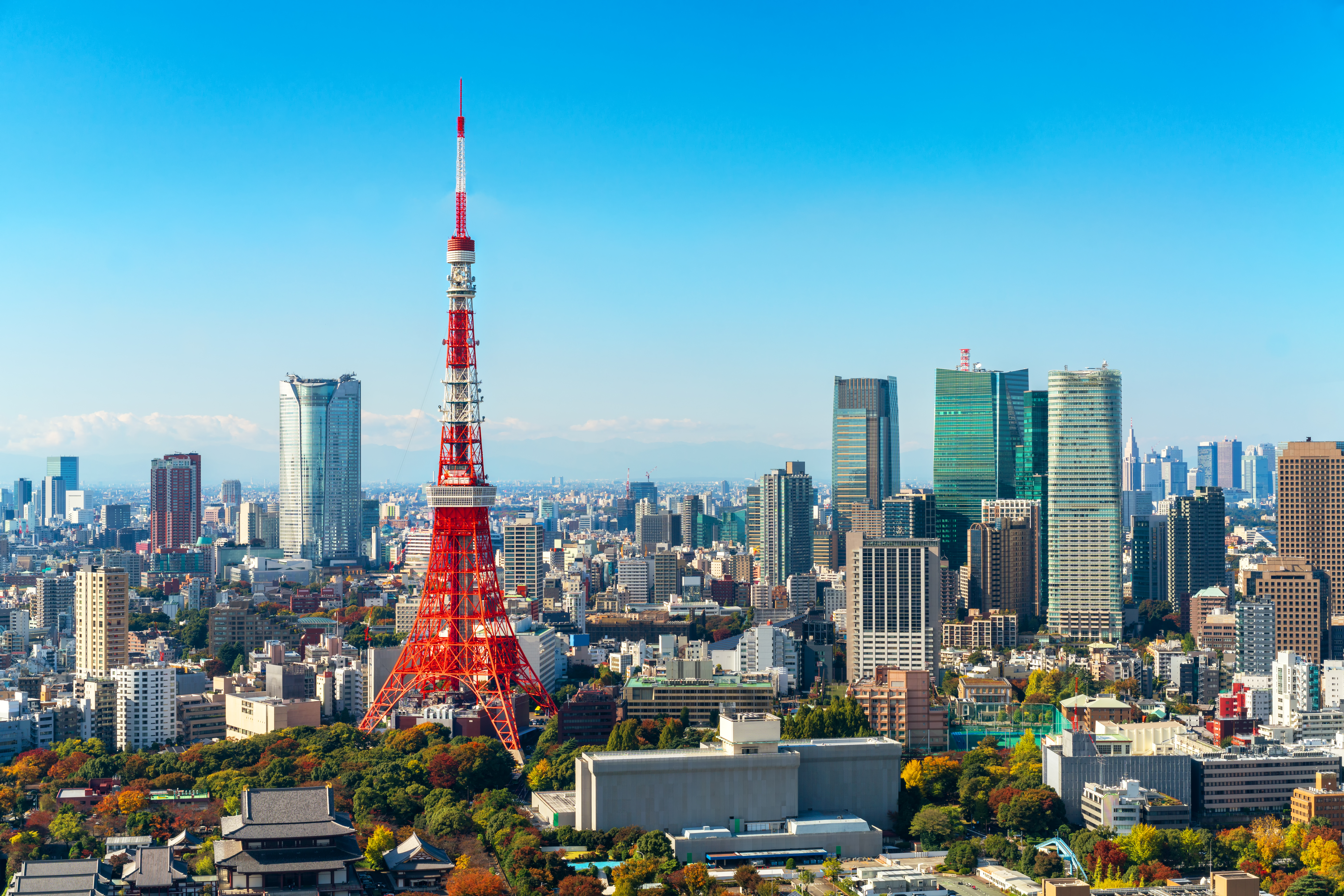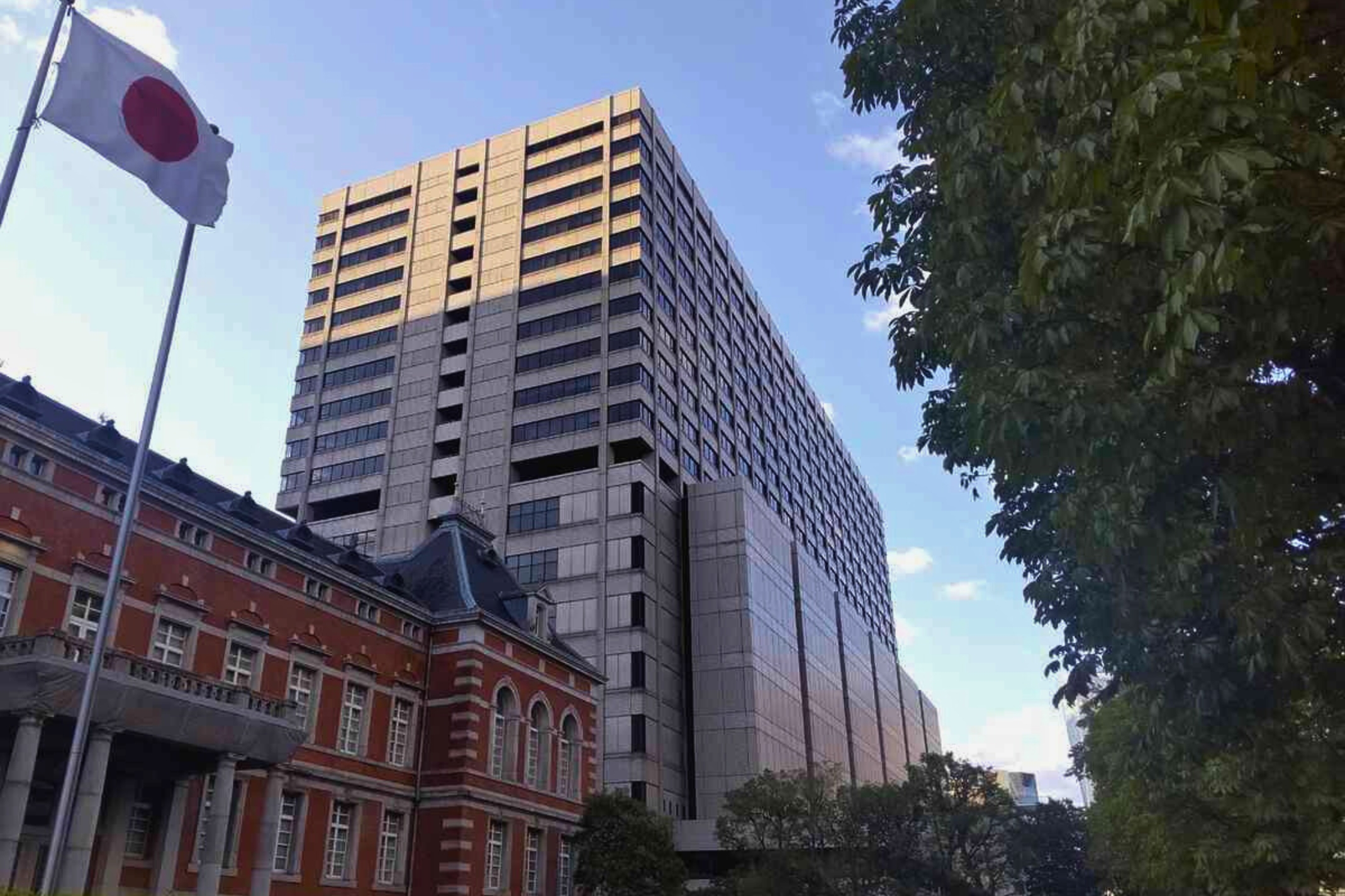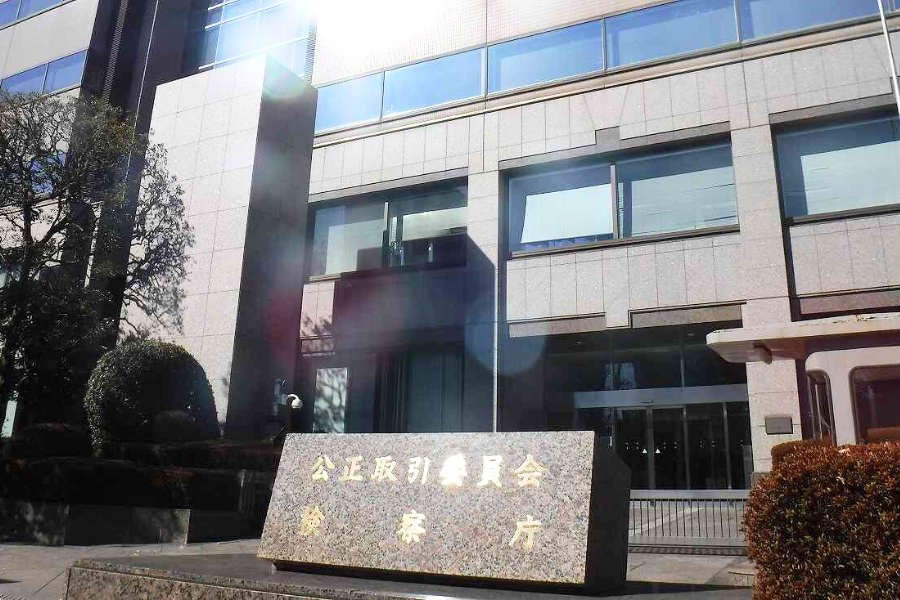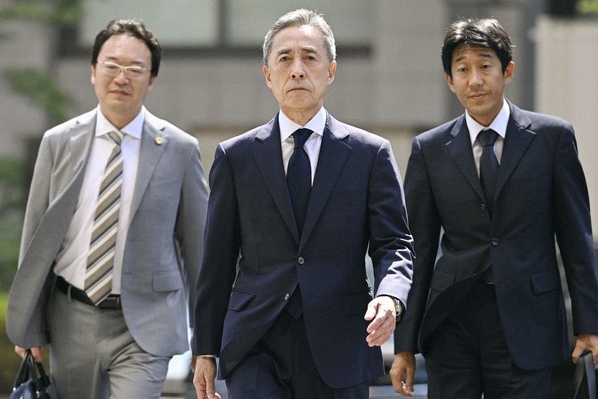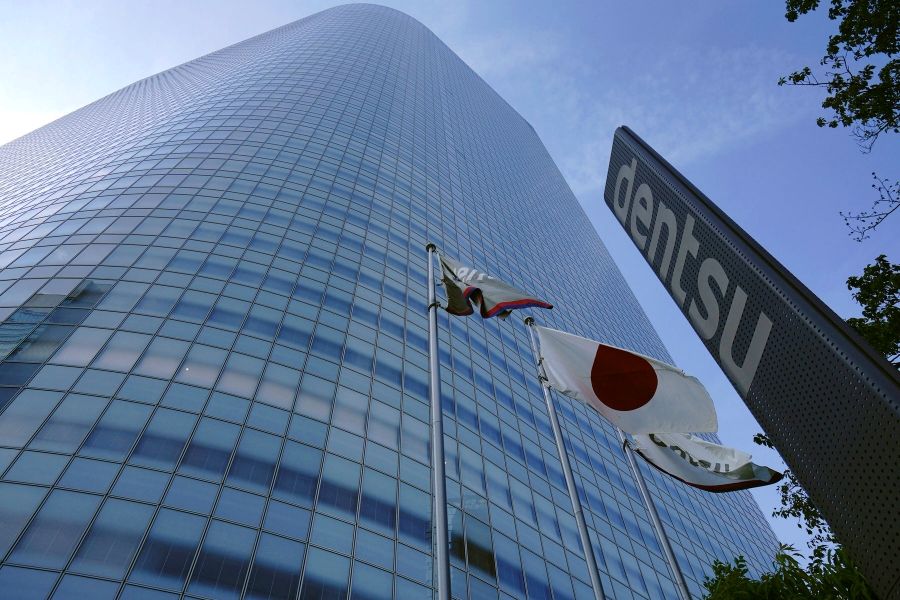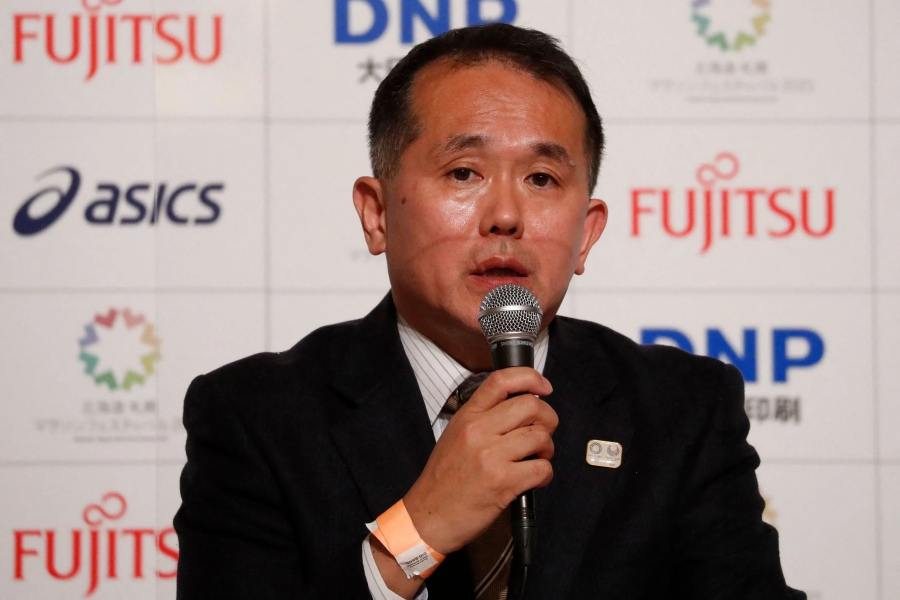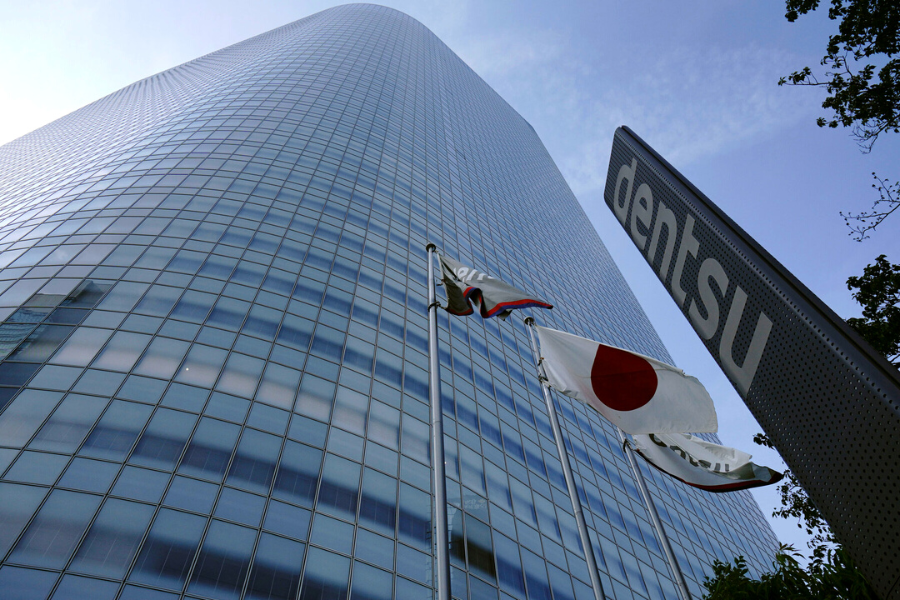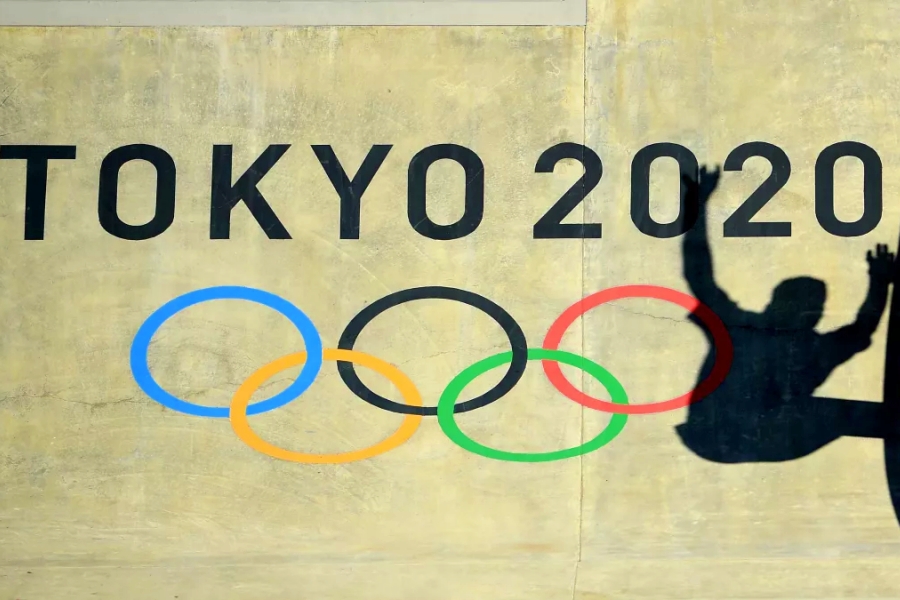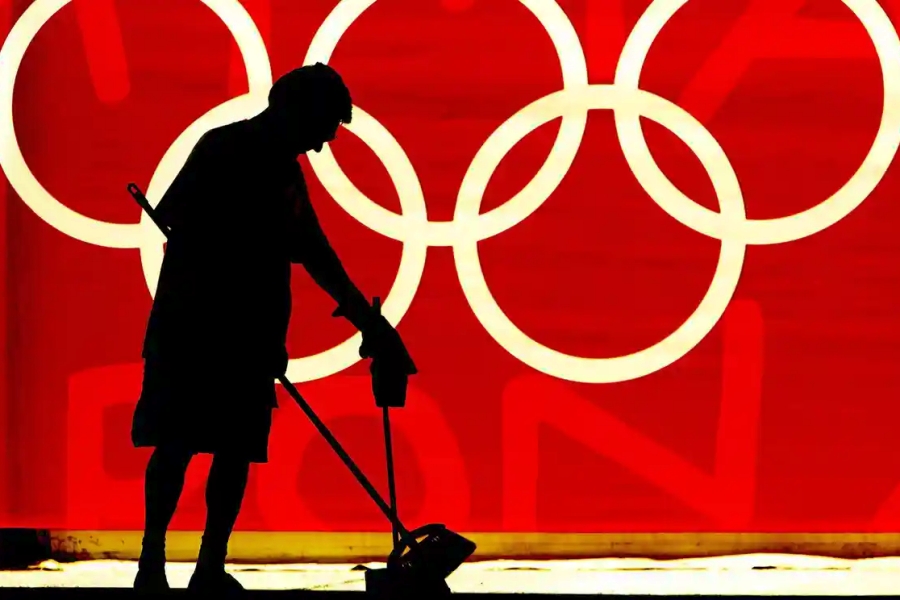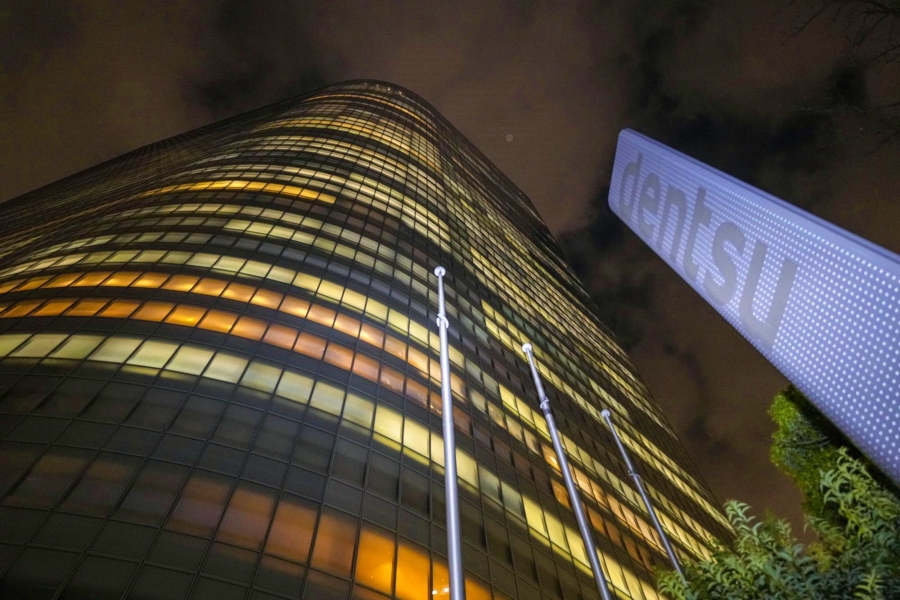Being host of the 2020 Olympics and the 2019 Rugby World Cup has put Tokyo under a lot of scrutiny. The construction of the new Olympic stadium has been plagued by controversies from the start. It’s a challenge that has dogged previous host cities, and Japan has not been left unscathed despite its reputation for quality and standards.
The Olympic distinction, nevertheless, is expected to give Tokyo an edge in business events, according to Kazuko Toda, director of business events team, Tokyo Convention & Visitors Bureau.
Although Tokyo is regarded as an international city, the boost in profile is still needed, says Suguru Mochizuki, director of MCI Tokyo. He points out that Tokyo hosts fewer regional and international events compared to Hong Kong and Singapore.
Mark Cochrane, regional manager, Asia Pacific, UFI, agrees that although the exhibition market in Tokyo is domestically focused, better international potential lies in meetings and conventions. He believes the recent legalisation of casino resorts in Japan will lead to long-term benefits for
the MICE industry.
“You can imagine something like Marina Bay Sands or The Venetian Macao going into those markets, that could boost Tokyo’s profile in terms of conferences significantly,” he says.
The time is right
On that note, Toda says her team has been working hard to develop new products and improve services. Such efforts include improving networking opportunities through tailored programmes, and expanding the number of unique venues
and cultural experiences on offer.
Toda and Mochizuki both report receiving many enquiries from the corporate sector to host global meetings in Tokyo ahead of the Games and Rugby World Cup. “The same thing happened in Rio de Janeiro and Beijing, many companies expected to have meetings in the host cities,” says Mochizuki.
New venues
Regardless, the most direct impact from the Games comes from the increased number of hotels built to meet the government’s target of 40 million visitors by 2020. A report in Asahi Shimbun warns about an oversupply of hotels in cities such as Osaka and Kyoto; Tokyo itself will have 29,000 extra rooms by 2020. For now, demand outstrips supply.
Top-tier historic property The Okura Tokyo has undergone a rebuild and will reopen in September 2019 with 19 banquet rooms. All 508 guest rooms are already booked for the 2020 Olympics.
The city’s prime exhibition space, Tokyo Big Sight, is also undergoing construction to add 20,000 sqm to its current offering of more than 100,000 sqm. It will serve as the media centre during the Games, but the subsequent planned temporary closure drew objections from local businesses. A nearby temporary space measuring 23,000 sqm will instead serve as replacement when its two main halls are closed starting April 2019.

Like any space-scarce city, Tokyo may not be easy on the budget and its raised profile may hike up prices after 2020. Mochizuki believes that demand from tourists following the recent relaxation of visa policies will continue to complement industry growth.
Smaller venues such as the Tokyo Conference Center are expected to be sustained by partnerships with industry bodies such as the IACC and MPI, says Kozue Honda, vice president of the centre. In terms of emerging venues, Honda believes that the rising number of co-working spaces have little potential to be used for business events.
MCI’s Mochizuki suggests that new sporting venues in Tokyo should be built with more hospitality facilities, seeing as so many Olympic venues in other host cities have become white elephants.


